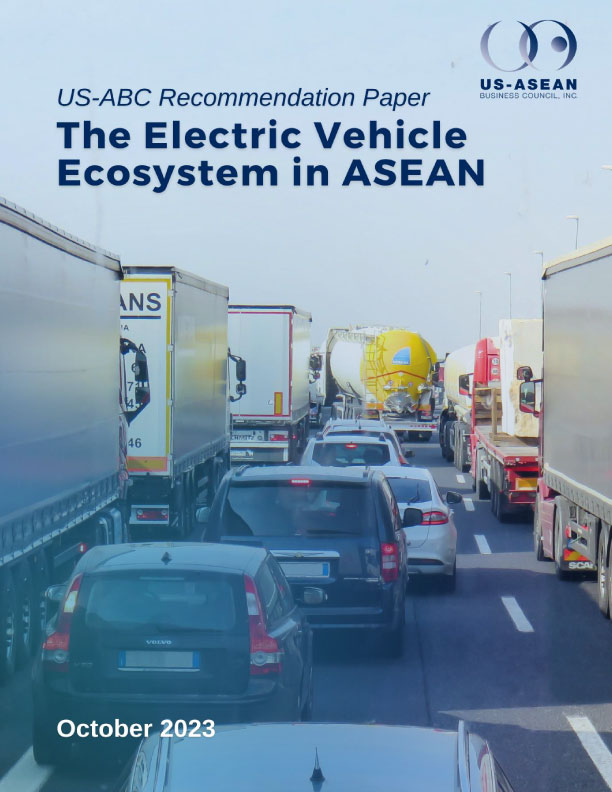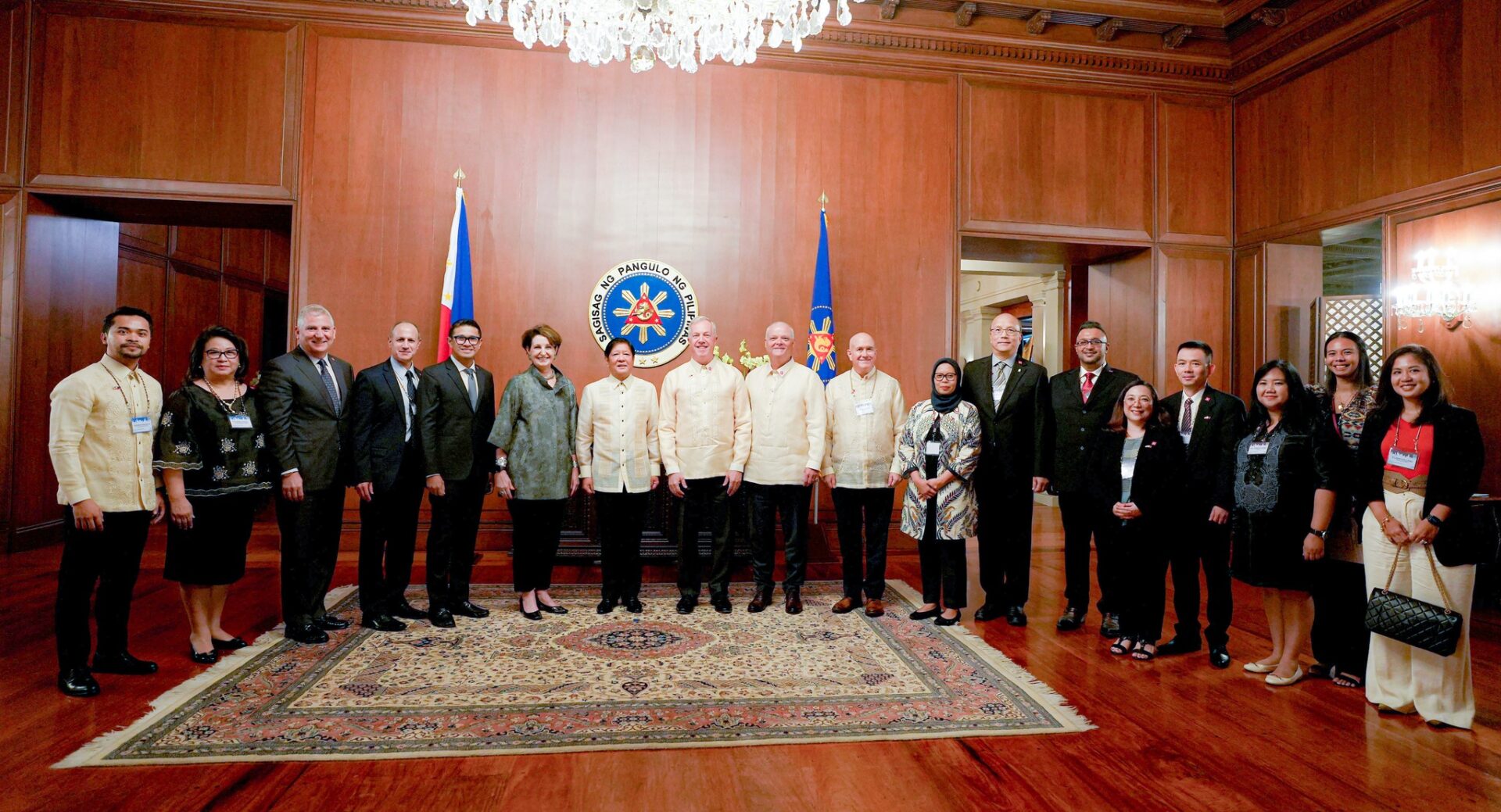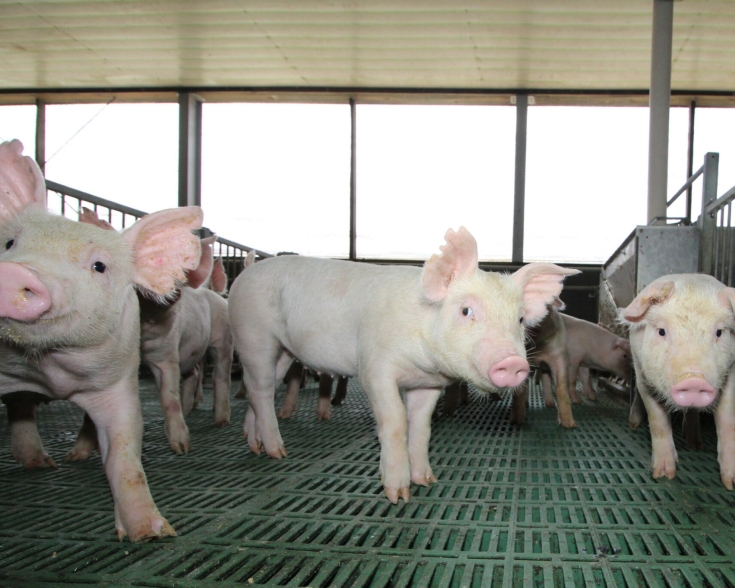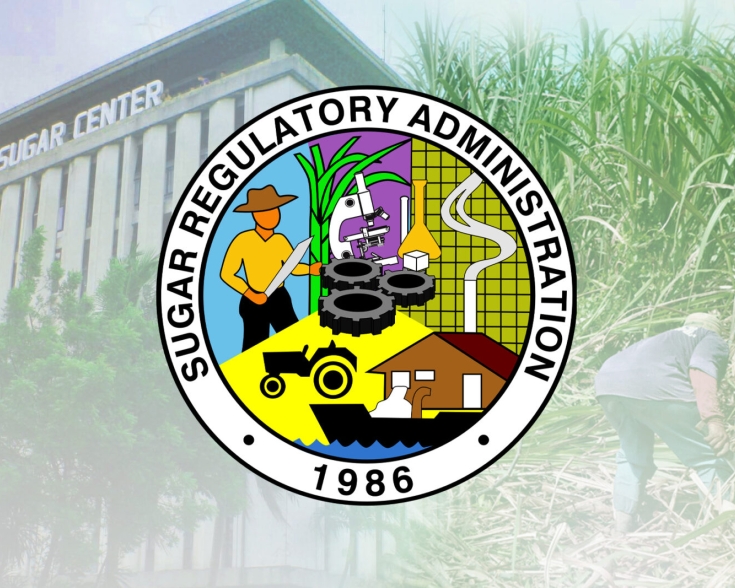Public Utility Vehicle Modernization (PUVM) Program Faces Delays

The implementation of the Public Utility Vehicle Modernization (PUVM) program has been delayed as transport groups planned to conduct a nationwide week-long strike to protest the program, which aims to phase out jeepneys that are older than 15 years old. Introduced in 2017 by former President Rodrigo Duterte, PUVM’s objectives involve replacing jeepneys with more expensive minibuses as part of a government modernization program to improve Metro Manila’s outdated transport system, poor environmental conditions, and the substandard quality of life of commuters. However, many jeepney drivers have opposed the program’s approach as it will require them to form cooperatives and borrow funds from the government to purchase the upgraded vehicles, resulting in additional debt. The major components of the program include regulatory reform, capacity building, route planning and rationalization, industry consolidation, fleet modernization, financing, pilot implementation, stakeholder support mechanisms, and communication. The program is supported by international partners such as the Asian Development Bank, the World Bank, UNDP, and JICA, among others.
Despite the controversies surrounding the program, President Marcos has agreed to move forward with it, while ensuring that changes in the implementation will be made to guarantee that drivers will not lose their jobs over the program. However, because of the backlash, the government is set to review the 2017 Omnibus Franchising Guidelines, which serves as the framework of the PUVM program. The Land Transportation Franchising and Regulatory Board (LTFRB) has likewise extended the deadline for compliance from June to December 31, 2023. According to government data, 98,801 of the 150,000 jeepneys and 72% of 19,000 UV Express units have already been consolidated. Nonetheless, opposition towards the PUVM will likely remain. While jeepneys have been a cultural symbol and an important source of livelihood in the Philippines, studies have also shown that reducing their numbers on the road will significantly alleviate air pollution problems. Thus, balancing the livelihood of jeepney drivers and meeting national environmental targets will be a top priority for the government.






